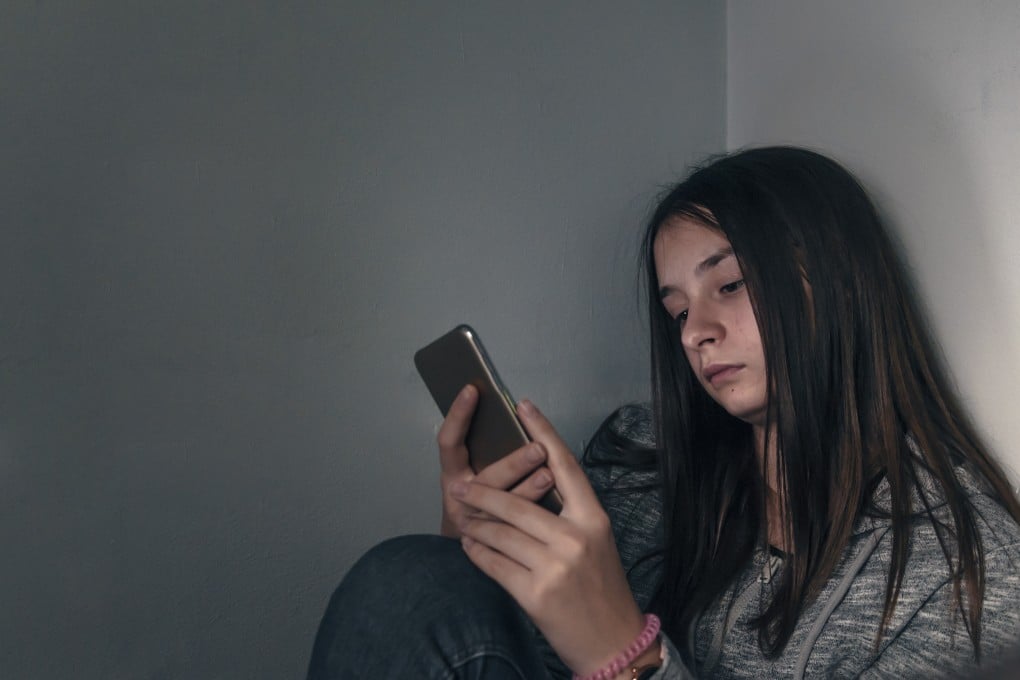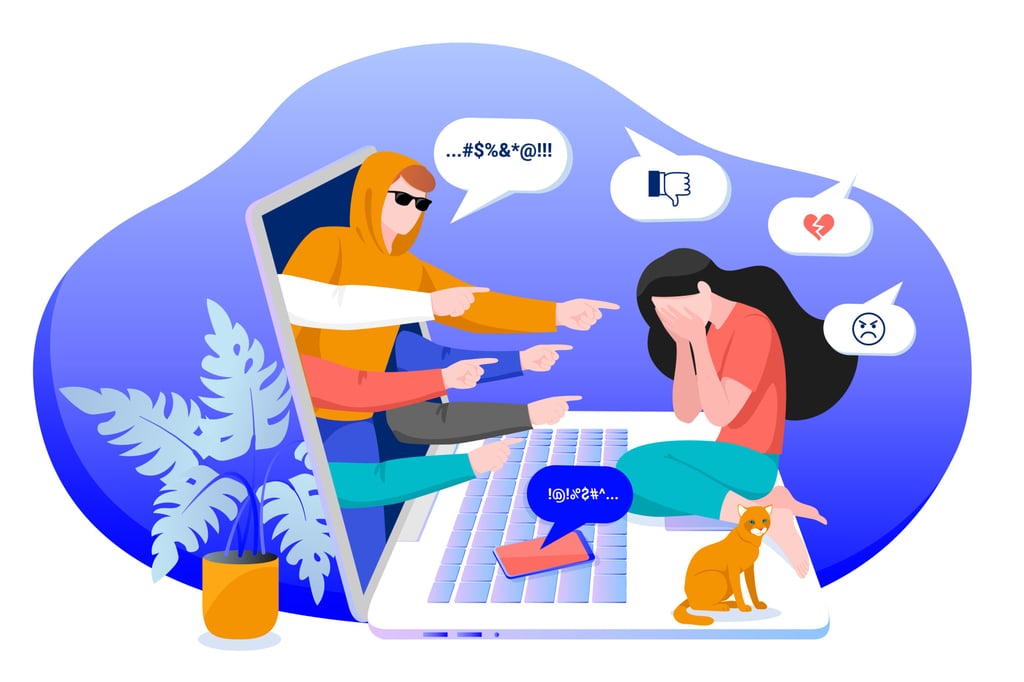Putting the brakes on cyberbullying: as misuse of social media sees an upsurge, Hong Kong’s schools are providing support and appointing specialist staff to create a safer environment for students
- Hong Kong’s leading schools accept the fact that online abuse won’t just go away, but realise this must be dealt with immediately when brought to attention
- Unlimited and unrestricted access to smartphones and social media apps is a worry, while parents seem reluctant to check their children’s devices

Excitement is building over the potential for advances in technology to add a whole new dimension to teaching and learning in school classrooms and laboratories. Enthusiasts are predicting all kinds of scope to deliver more engaging lessons which encourage greater creativity, inspire faster understanding and take the strain out of onerous written projects and homework assignments.
That may indeed happen. But as anyone in the education community can attest, the change new technology brings is not always for the better.
That was ably illustrated by Unesco’s decision to designate November 2 as the International Day Against Violence and Bullying at School, Including Cyberbullying – the latter an unpleasant phenomenon that has gathered pace with the increasing ubiquity of smartphones and the proliferation of social media, which can bring emotional pain and turmoil to many young lives.
Research and examples detailing this were set out in an accompanying report which drew on findings from around the world. It noted, for instance, that in 26 countries in 2019 at least 10 per cent of learners aged eight to 10 had experienced some form of cyberbullying in the previous 12 months. And this figure rose to 20 per cent for those in the 12-to-14 age group.
The report also mentioned the recent news that more than 30 states in the US have filed lawsuits against Facebook, Instagram and WhatsApp’s parent Meta over the company’s harmful impact on children’s mental health. Importantly too, it drew attention to the need for proper policies, backed up by legislation, something which only 16 per cent of countries currently have in place. “We need to keep all children safe online,” says Manos Antoninis, director of Unesco’s Global Education Monitoring Report.

“Cyberbullying takes various forms and can have serious consequences for students’ well-being and academic performance. [We must] address this through reporting mechanisms, appropriate use of technology in schools, with legislation, and by equipping teachers and children with skills to better protect themselves online.”